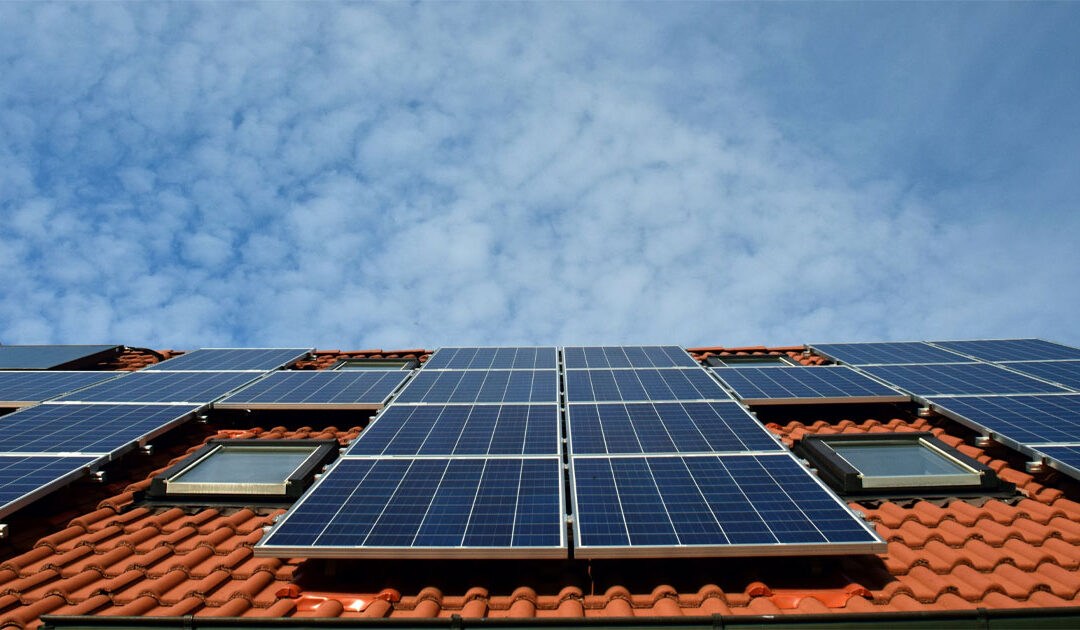Renewable energy is growing faster than any other form of power. Indeed, by 2025, the UK has pledged to phase out all coal-fired power stations and is aiming to start dropping natural gas for short periods around the same time. This is all part of the plan for the system to be ‘zero-carbon capable’, according to the National Grid’s Head of National Control.
It’s an admirable and ambitious plan, but how this is going to be achieved is still rather unclear, particularly as the demand for electricity increases as the population increases. Without having other energy sources in place to bridge the energy gap, there is a significantly increased chance that areas of the UK will start experiencing more frequent and more prolonged power cuts.
Some people work on the ‘it will all work out in the end’ basis, but others may prefer to take control of their own energy future. One way to limit your exposure to the potential power fluctuations is to consider having a solar panel (photovoltaic or PV) system and, if appropriate, battery storage solution installed.
THE BENEFITS OF A SOLAR PANEL SYSTEM INCLUDE:
- Reducing electricity bills
- Reduce reliance on an increasingly under-pressure National Grid
- Going ‘green’ and doing your bit in the fight against climate change
- Ensuring your own power supply in the event of a power outage or the zombie apocalypse (OK, just kidding about that bit – we hope!)
Solar, by its very nature, has peaks and troughs: there’s no available sunlight at night and winter typically has fewer hours of useable sunlight than summer. So, a battery unit for storing power generated but not used might be a good solution for you.
A BATTERY STORAGE UNIT WILL ALLOW YOU TO:
- Store the excess power generated during the day and use it at night, rather than paying for power drawn down from the Grid
- Trade excess power back to the Grid during peak demand times (weekday afternoons between 4pm and 8pm) and earn money
- Buy power from the Grid during off-peak times (i.e. between midnight and 7am) and store it for later use rather than draw down during peak times
- Have an emergency power back-up option in the event of a power outage or that potential zombie apocalypse
Not surprisingly, adding a battery to a solar panel system increases the initial outlay, so it’s important to determine whether it’s a financially sound investment. This consideration combined with the question of which system you select will largely depend on the energy profile of your household. If people are home during the day, i.e. a stay-at-home parent, retired couples, home businesses, etc., then the majority of the power generated from the solar panel system will be used up during the day leaving little if any to be stored for evening use. So, in this instance, a battery unit is less beneficial. The same applies to smaller solar PV systems – if the power generation capacity isn’t particularly high, then the chances of generating enough to warrant a storage solution is reduced.
Conversely, for households where the occupants are out of the house all day and therefore not using energy, the majority of the energy generated during the course of the day can be stored for use in the evenings when energy is more expensive to draw down from the Grid. This peak demand period is, therefore, the point when the National Grid is under load and more likely to experience failures. In this situation, a battery unit may be highly beneficial, reducing both your electricity bills and giving you a measure of energy independence.
Many battery solutions now also have management systems that monitor your household’s energy usage, measures the power in the battery and then automatically trades it back to the Grid at peak times, actively earning you money. These smart systems only trade as much stored power that it considers excess, retaining enough to get you and your family through to sun up.
If you’d like to find out more about solar panels and battery storage solutions, and how you can save money on your electricity bills – and possibly even earn money, get in touch with our team today on 01226 715522 or email us at hello@ask-renewables.co.uk
ASK Renewables is a provider of solar panel systems and storage solutions for domestic and commercial properties. We are part of the Microgeneration Certification Scheme(MCS), approved by the National Association of Professional Inspectors and Testers (NAPIT) and have signed up to the Renewable Energy Consumer Code. We are also registered with the Trading Standards Institute Consumer Codes Approval Scheme (TSI) and a Which?Trusted Trader.

